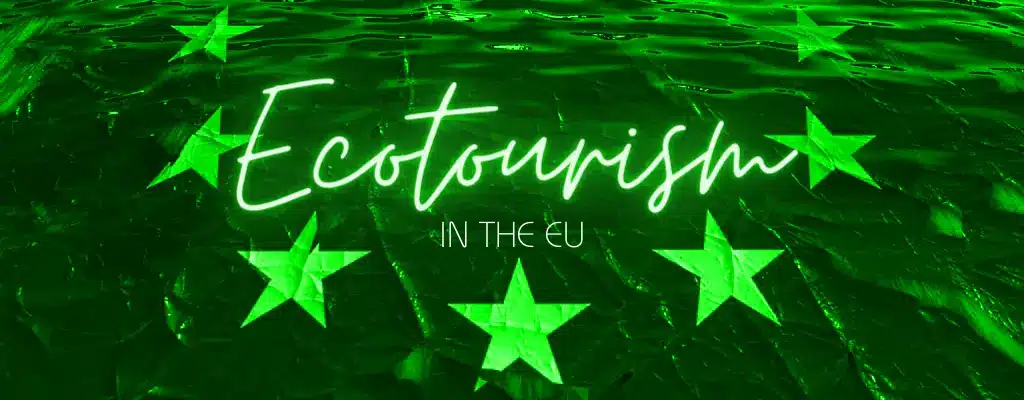Ecotourism is a form of sustainable tourism that focuses on responsible travel to natural areas that conserves the environment and improves the well-being of local people.
Here are some statistics from Ireland, Estonia, Portugal, and Romania:
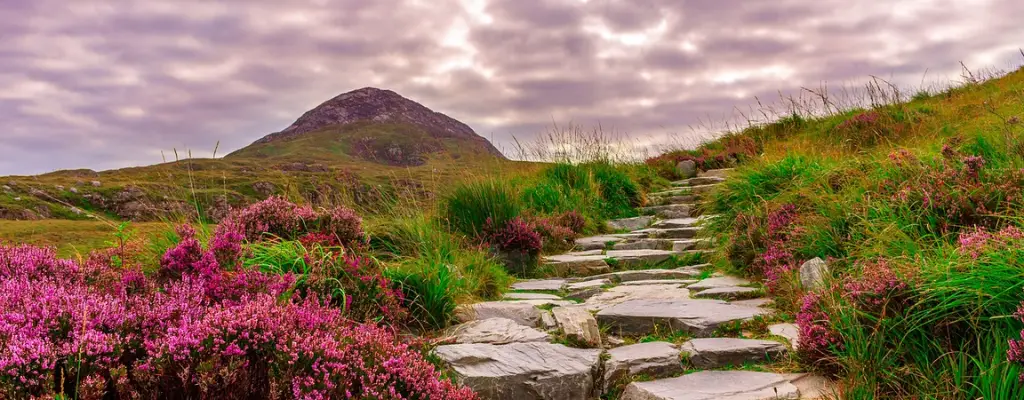
Photo: Connemara National Park
Ecotourism in Ireland
In 2022, 73% of Irish residents made at least one tourism trip for personal purposes. The country has a strong focus on sustainable tourism, with initiatives like the ‘Wild Atlantic Way’ and ‘Ireland’s Ancient East’ promoting responsible travel and conservation.
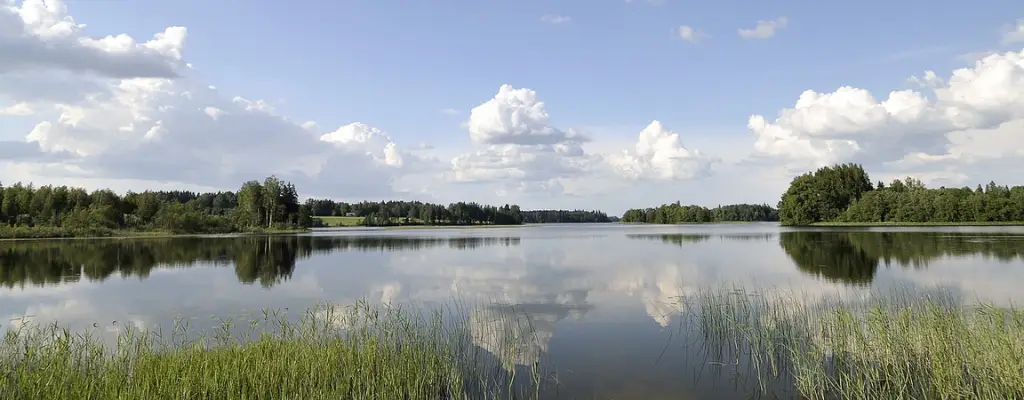
Photo: Baltic Estonia
Ecotourism in Estonia
Estonia has a growing sector, with a focus on nature-based tourism and sustainable practices. The country has a diverse range of landscapes, from forests and lakes to coastal areas, making it an attractive destination for ecotourists.
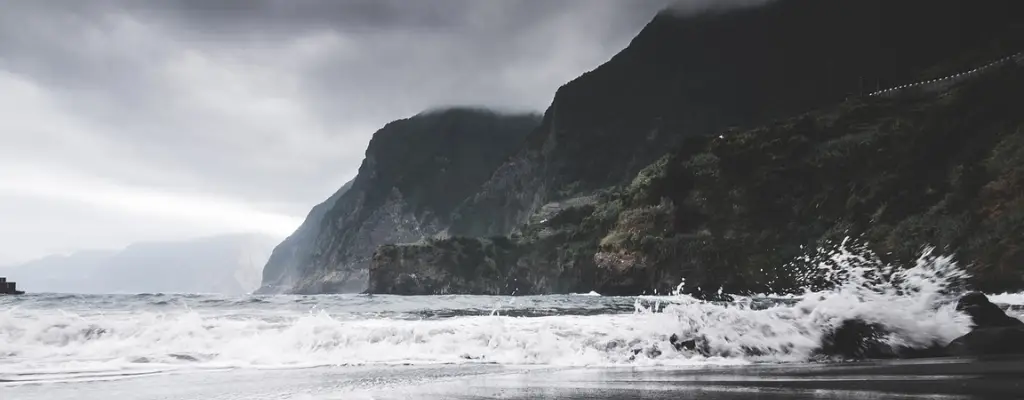
Photo: Madeira Beach
Ecotourism in Portugal
Portugal is another country with a strong focus on sustainable tourism, with initiatives like the Algarve Sustainable Tourism Charter promoting responsible travel and conservation. The country’s diverse landscapes, including beaches, mountains, and forests, make it an attractive destination for ecotourists.
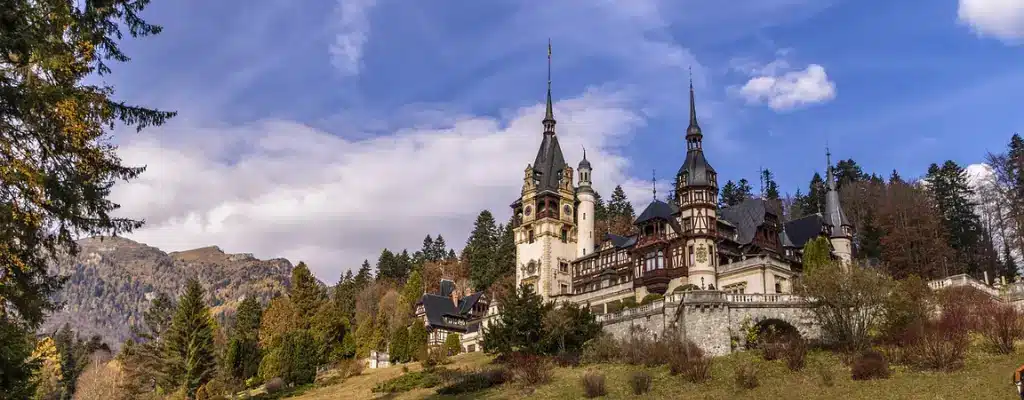
Photo: Peleș Castle
Ecotourism in Romania
Romania has a growing sector, with a focus on nature-based tourism and sustainable practices. The country’s diverse landscapes, including mountains, forests, and wetlands, make it an attractive destination for ecotourists. However, it is still developing, and there is a need for more sustainable practices and responsible tourism initiatives.
Overall, ecotourism is becoming increasingly popular in Europe, with a focus on sustainable practices and responsible travel. Countries like Ireland, Estonia, Portugal, and Romania are embracing this trend, promoting ecotourism as a way to conserve natural areas and improve the well-being of local communities.
Click here to find out more about our Erasmus+ project and to get involved!

